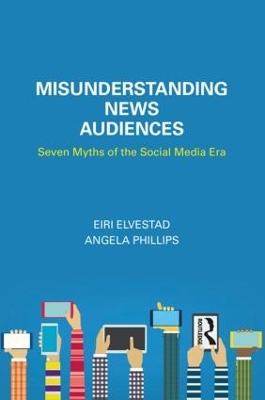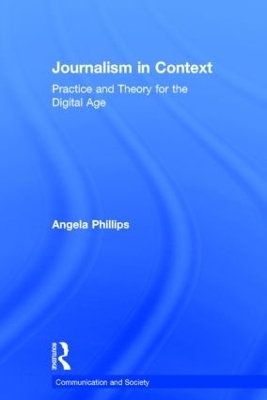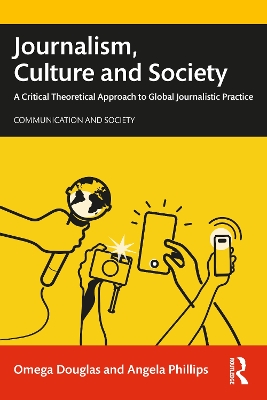Communication and Society
3 total works
Misunderstanding News Audiences interrogates the prevailing myths around the impact of the Internet and social media on news consumption and democracy. The book draws on a broad range of comparative research into audience engagement with news, across different geographic regions, to provide insight into the experience of news audiences in the twenty-first century.
From its inception, it was imagined that the Internet would benignly transform the nature of news media and its consumers. There were predictions that it would, for example, break up news oligarchies, improve plurality and diversity through news personalisation, create genuine social solidarity online, and increase political awareness and participation among citizens. However, this book finds that, while mainstream news media is still the major source of news, the new media environment appears to lead to greater polarisation between news junkies and news avoiders, and to greater political polarisation. The authors also argue that the dominant role of the USA in the field of news audience research has created myths about a global news audience, which obscures the importance of national context as a major explanation for news exposure differences.
Misunderstanding News Audiences presents an important analysis of findings from recent audience studies and, in doing so, encourages readers to re-evaluate popular beliefs about the influence of the Internet on news consumption and democracy in the West.
Journalism in Context is an accessible introduction to the theory and practice of journalism in a changing world. The book looks at the way in which power flows through media organisations influencing not only what journalists choose to present to their audiences but how they present it and then in turn what their audiences do with it.
Using examples from across the world, as well as from her own research, Angela Phillips uses them to explain complex theoretical concepts. She invites readers to consider how news is influenced by the culture from which it emerges, as well as the way it is paid for and how different countries have approached the problem of ensuring that democracy is served by its media, rather than being undermined by it.
Journalism has always been an early adopter of new technologies and the most recent changes are examined in the light of a history in which, although platforms keep on changing, journalism always survives. The questions raised here are important for all students of journalism and all those who believe that journalism matters.
Drawing upon a range of theoretical perspectives, including cultural studies, postcolonial theory, critical race studies, political economy, and sociology, Journalism, Culture and Society examines journalism as a democratic necessity that often fails to live up to its promise.
This text takes a step back from prevailing idealistic approaches in which theory is often seen as a threat rather than a service to the better understanding of practice, and mainstream journalism in western democracies is seen as unproblematic. Instead, using international examples, the authors provide a critique for those who seek to improve journalistic practice, whilst not losing sight of the profound practical dilemmas that journalists around the world experience in their working lives - from the resources available to them, to the institutions and political contexts in which they work. Readers are encouraged to consider why journalists choose (or are expected to choose) particular subjects or tropes in their work, and the implications of these choices.
Journalism, Culture and Society is a valuable resource for students, academics, and practitioners in the areas of media, journalism, and communication.


